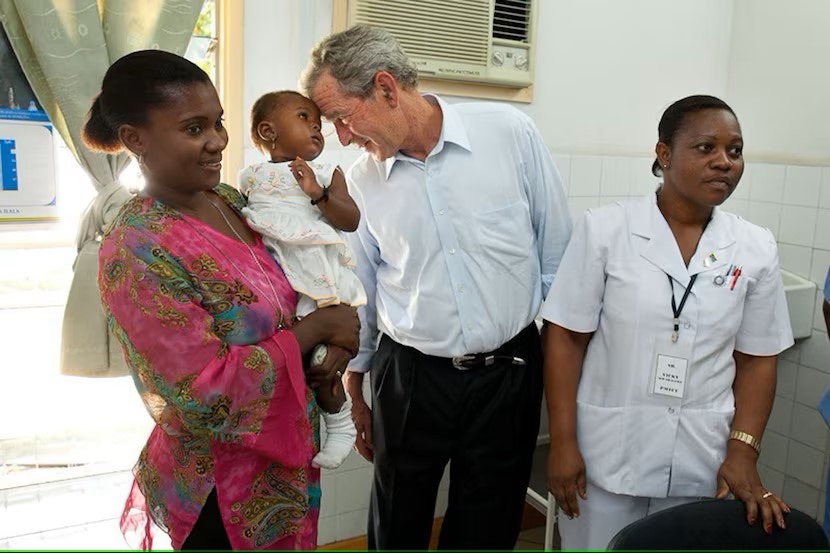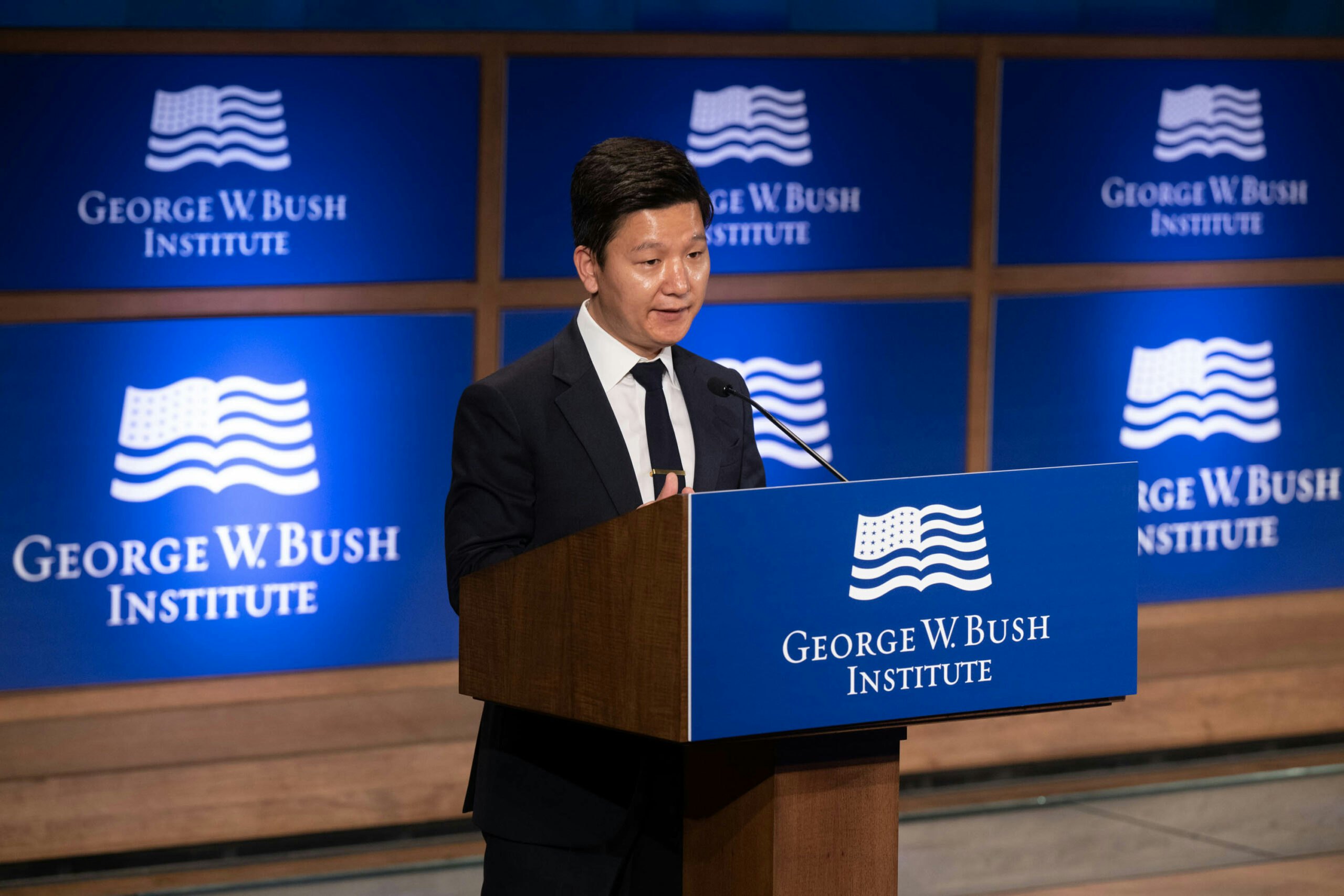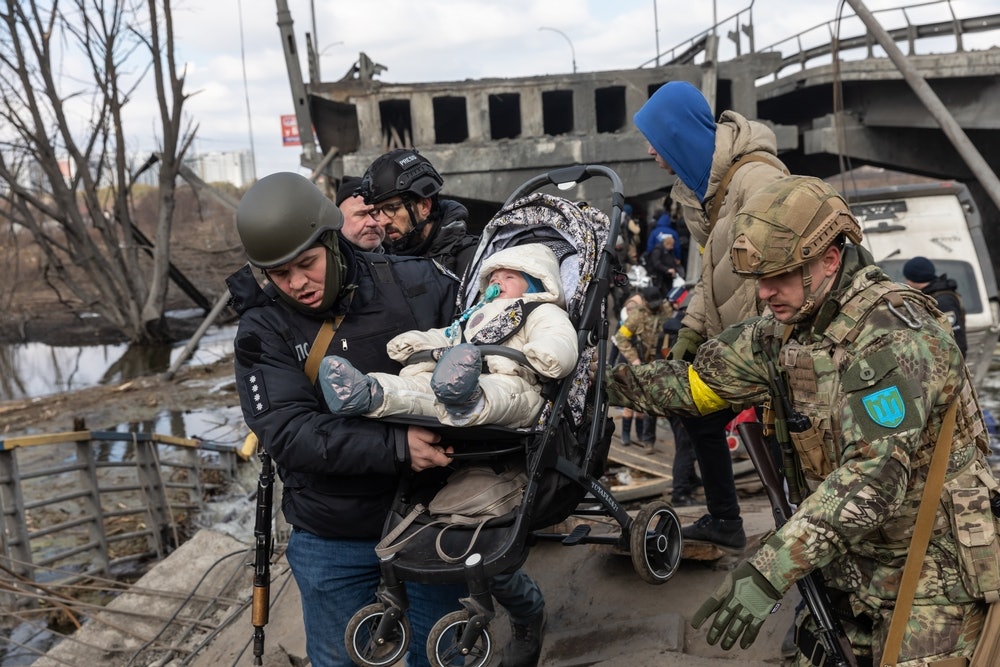This post originally appeared on Shadow Governement | Foreign Policy.When North Korea makes the headlines, you can be almost certain that it...
This post originally appeared on Shadow Governement | Foreign Policy.
When North Korea makes the headlines, you can be almost certain that it won’t be for good reasons. With depressing regularity, we hear stories about military provocations against South Korea and the North’s ongoing efforts to develop nuclear weapons. Or we hear about trivialities like the opening of an amusement park or the disgraceful antics of a former basketball star. But an issue of far greater importance than the trivial stories, and of equal importance to the security questions, gets only scant coverage: North Korea’s atrocious record on human rights.
In February, an unprecedented United Nations Commission of Inquiry (COI) released a report that exhaustively documents the scope of North Korea’s repression. In uncharacteristically blunt language drawing in part on hours of testimony from North Korean refugees and defectors, the COI laid out the systemic and unparalleled horrors of human rights abuses in the country. It concluded that North Korea’s government was committing crimes against humanity against its own people and called on the nations of the world to act.
Foremost among these crimes is the continuing existence of political prison camps that share many attributes of the Nazi concentration camps or the Soviet gulags. While hard numbers understandably vary widely, most experts agree that between 100,000 and 200,000 North Koreans are currently held in a network of vast camps, some of which are the size of small cities. Maintained separately from the prisons for ordinary crimes, North Korea’s gulags subject prisoners to appalling conditions. Torture and public executions are commonplace. Prisoners lack adequate food, clothing, healthcare, and housing. And under North Korea’s ruthless system, three generations of families are punished for the so-called offenses of a single person.
Kang Chol-hwan, author of Aquariums of Pyongyang, who was sent to the camps as a nine-year-old boy recalled,
“Every aspect of life there is the worst you can imagine as a human being.”
“Every aspect of life there is the worst you can imagine as a human being.” When his grandfather was arrested for alleged political crimes, Kang was sent to the gulag along with his grandmother, father, uncle, and sister. He was assigned to forced labor brigades, like other children in the camps.
Long denied by the Kim regime and often overlooked by the rest of the world, these camps have been exposed by the testimonies of an increasing number of refugees, and satellite imagery. Those looking for North Korea to reform are likely to be disappointed. The camps have become an integral part of the Kim dynasty’s machinery for maintaining power. Ahn Myeong Chul, who served as a guard in the gulags and saw his family members sent to a camp noted in a recent interview: “The existence of political prison camps is essential for maintaining the regime. Kim Il Sung created these camps. He wanted to purge people who were against his will.”
As dim as this picture looks, the brightest hope for North Korea is not found in its leadership but in its people. Despite the regime’s attempts to maintain control, increasing numbers of North Koreans are exposed to information from outside. A rudimentary system of markets exists outside the total control of the state. These developments may one day lead to greater freedom for the country.
Meanwhile, the United States and the rest of the world have a task before them. After the Holocaust, after the horrors of the Soviet Union, Cambodia, China and Rwanda, the world has pledged “never again.” There’s now eyewitness evidence that crimes against humanity are being committed by the North Korean state against its people. The U.N. Commission of Inquiry report demands a serious response.
Obviously, North Korea’s belligerent actions and determination to field a nuclear arsenal remain profoundly destabilizing and must be a priority for policy makers. But that mustn’t come at the expense of efforts by the United States and the world to improve the human condition in North Korea.
Victor Cha formerly served as Director on the National Security Council staff in the George W. Bush Administration. He is the Korea Chair at the Center for Strategic and International Studies, Director of Asian Studies at Georgetown University, and a Fellow in Human Freedom at the George W. Bush Institute. Lindsay Lloyd is Program Director, Freedom Collection at the George W. Bush Institute.
KNS/AFP/Getty Images



























